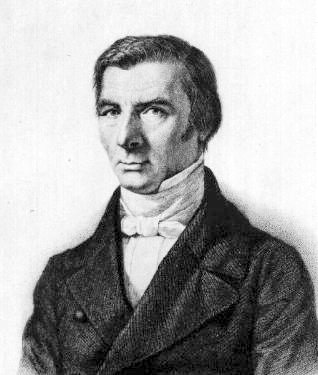Portal:Economics
Economics (/ˌɛkəˈnɒmɪks, ˌiːkə-/) is a social science that studies the production, distribution, and consumption of goods and services.
Economics focuses on the behaviour and interactions of economic agents and how economies work. Microeconomics analyses what is viewed as basic elements within economies, including individual agents and markets, their interactions, and the outcomes of interactions. Individual agents may include, for example, households, firms, buyers, and sellers. Macroeconomics analyses economies as systems where production, distribution, consumption, savings, and investment expenditure interact, and factors affecting it: factors of production, such as labour, capital, land, and enterprise, inflation, economic growth, and public policies that have impact on these elements. It also seeks to analyse and describe the global economy. (Full article...)
- ... that Celine-Marie Pascale's work focuses on how race and class impact the way "business practices and government policies create, normalize and entrench economic struggles" to benefit the wealthy?
- ... that the Canadian journalist Bernard Descôteaux is credited with the economic revival of the independent newspaper Le Devoir?
- ... that people are robbing Lebanese banks to get their own money back?
- ... that economist Nisvan Erkal's research showed that China's one-child policy created children who lacked qualities important for social and economic success?
- ... that Elizabeth Wilkins chose to work at the Federal Trade Commission on the hope that the agency is now positioned to address economic injustice?
- ... that soprano Galina Pisarenko studied economics, English, and Norwegian at the same time she was studying to become a professional opera singer?
Do you have a question about Economics that you can't find the answer to?
Consider asking it at the Wikipedia reference desk.
For editor resources and to collaborate with other editors on improving Wikipedia's Economics-related articles, see WikiProject Economics.
- 26 November 2024 – 2021–present United Kingdom cost-of-living crisis
- Multinational car manufacturing company Stellantis announces that it will close its van-production factory in Luton, England, putting 1,100 jobs at risk, citing the UK's economic conditions and the government’s zero-emission vehicle (ZEV) mandate as reasons for its closure. (The Guardian)
- 25 November 2024 – German economic crisis
- Germany's largest steelmaker conglomerate ThyssenKrupp announces plans to layoff 11,000 workers, including 5,000 in Europe, by 2030. (DW)
- 25 November 2024 –
- Nine migrants, including six children, are killed and 39 others are rescued from a shipwreck off the coast of Samos, Greece. (Al Jazeera) (The Express Tribune)
- 22 November 2024 – German economic crisis
- German automotive supplier Bosch announces plans to lay off 5,550 employees, including 3,500 by 2027, as part of measures to reduce costs. (DW) (Reuters)
- 20 November 2024 – German economic crisis
- American automaker Ford announces that it will cut 4,000 jobs in Europe, including 2,900 in Germany, citing economic instability and conflicts with environmental regulations. (Newsweek)
- 29 October 2024 – German economic crisis
- German metalworkers union IG Metall begins a labor strike over the working conditions and wages of 3.9 million workers in the country. (DW)
The following Wikimedia Foundation sister projects provide more on this subject:
-
Commons
Free media repository -
Wikibooks
Free textbooks and manuals -
Wikidata
Free knowledge base -
Wikinews
Free-content news -
Wikiquote
Collection of quotations -
Wikisource
Free-content library -
Wikiversity
Free learning tools -
Wiktionary
Dictionary and thesaurus







































